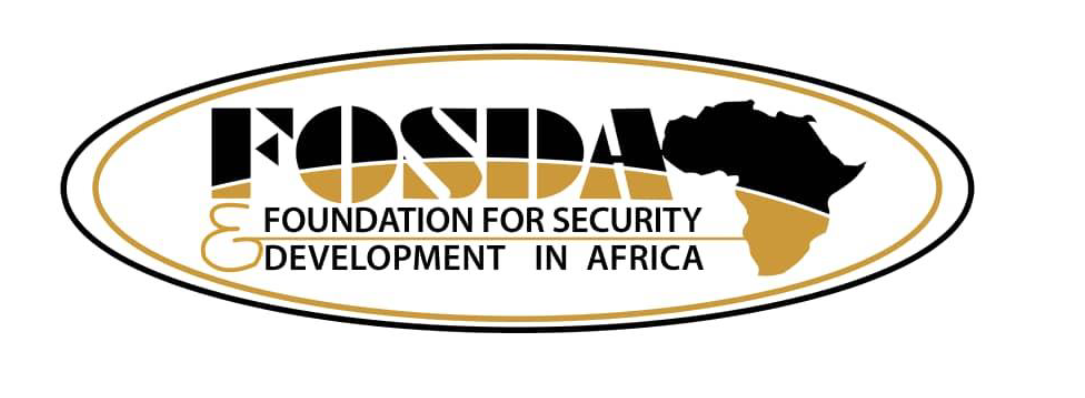FOSDA Advocates Vulnerability-Sensitive COVID-19 Recovery Policy Planning and Implementation
- Advertisement -
The Foundation for Security and Development in Africa (FOSDA) is urging government to target vulnerable groups in the COVID–19 recovery plans and implementation process.
This, FOSDA said, would help to ensure that the programmes for recovery such as the CARES Obaatanpa among others benefits all and leave no one behind and importantly bring the vulnerable on a strong economic footing to contribute to achieving the Sustainable Development Goals (SDGs) overarching principle of “Leaving no One Behind”
- Advertisement -
“The COVID–19 pandemic has taken a significant toll on vulnerable groups such as Persons with Disability; Slum Dwellers, Head Potters and Youth.Incomes of respondents reduced by an average 29% after the lifting of the restriction in April, 2020 just 3weeks after the imposition of the lockdown in Accra and Kumasi, not to mention the job losses. Currently the income deficit is averagely 16% (over a year since the restrictions of lockdown was lifted).”
- Advertisement -
FOSDA also noted that with all things being equal respondents would be able to meet their nominal incomes before COVID–19 spread by 2025 latest;but added the Time Value of Money (TVM) constraint due to inflation will slow the recovery process.
“The years of 2022–2025 will mark the recovery period from the impact of the COVID–19 pandemic for majority of the respondents, however it is also important to note the impact of inflation and the imposition of new taxes. E.g using the Consumer Price Index (CPI) for May 2020 (118.6) and 2021 May (127.6) will translate the women category average income from GHS734.75 to GHS 790.51 representing a gap of GHS55.76.”
“This means that the value of GHS734.75 before COVID is now GHS790.51” Solomon Okai, Programme Officer at FOSDA added.
- Advertisement -
“There is the need to target specifically vulnerable groups in Ghana’s recovery process otherwise we will end up leaving them behind. Look at the CAPBUSS, the Mastercard Foundation loans, the CARES Obantanpa and recently check the Ghana Enterprises Agency Loans and District level recovery Plans vulnerable groups are almost left out. We need to have a programme for low–income vulnerable people too”
Speaking at the virtual validation meeting to stakeholders Theodora Williams Anti, Programmes Manager at FOSDA noted that even though the Ghana Statistical Service (GSS) and the United Nations Development Programme (UNDP) have conducted studies on the social and economic disturbance by COVID–19 and how it is impacting business in Ghana, it is crucial to understand how it is impacting women and vulnerable groups.
This would help in properly developing policies and targeting appropriate interventions for these groups of people.
The study analyzed the impact of COVID–19 on seven category of Vulnerable groups i.e women, head potters/truck pushers, aged, persons with disabilities, slum dwellers, youth, orphans and street children. It looked into the economic, social and gender disturbances of 1,671 of these persons in the Greater Accra and Northern Regions.
The meeting was held under the Action Research on the Impact of COVID–19 on Women and Vulnerable Groups is implemented under the Volunteer Cooperation Program (VCP) Equality in Action programme support from OXFAM. The objective of the initiative is to contribute to the Ghana’s COVID–19 Response and Influencing Action project.
- Advertisement -



